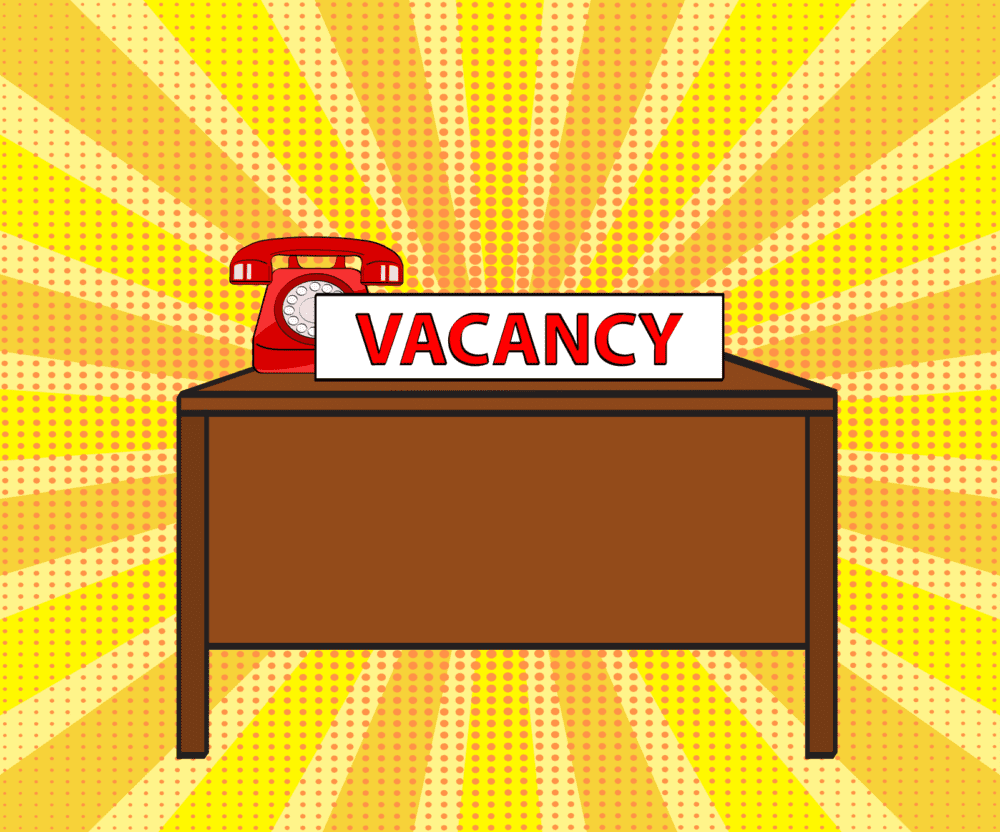10 essential legal documents for UK startups
Learn what these essential documents are for and why you need them to start, run and grow your business.
For this post, we hand over to the recruitment experts. Adriano Herdman is the co-founder of Move, the talent acquisition consultancy that specialises in finding exceptional teams for startups and scale-ups.
And when you’ve found the perfect hire, let the SeedLegals team take over and handle your employment contracts and employee share option scheme.
Congratulations, you’re scaling your business! This is an exciting step forward.
It’s also a tremendous challenge, especially when your employer brand isn’t yet widely recognised.
How do you attract the right candidates? And how do you make sure your first hire works out? After all, your very first employee will shape your company’s culture to a large degree.
Sounds scary? It doesn’t have to be.
Let’s go through the process together, step by step.
Starting out on the hiring process can feel like a huge time investment and hard work. Harj Taggar, the co-founder and CEO of Triplebyte, told Y Combinator:
The bad news is even once you find the time [to start hiring], much of it will feel like wasted effort. Hiring isn’t the kind of work that provides you with constant dopamine hits. It involves a lot of dead ends and frustration.
This is why crafting an effective hiring system is crucial. Taggar recommends you list all criteria your ideal candidate should have, both technical (are they good at their job?) and non-technical (do they respond well to feedback?)
Naturally, you want your quality of hire (QoH) to be high. When analysing which traits would fit within the culture of your startup, aim to choose someone who:
The more applicants, the more options you have. To attract a wide pool of talent, make sure your job ad includes:
But recruitment isn’t just about choosing the right candidate. It’s about the right candidate choosing you.
As a startup, your employer brand most likely still needs some work. The job ad is where you showcase what you’re truly all about. That’s why you need to define and include your Employee Value Proposition (EVP). This is a concise paragraph that outlines exactly what makes working at your organisation special. Your EVP should feel both authentic to your business culture and distinct from other companies in your field.
You should also show how you can help your new hire propel their career forward while they help your startup grow. In other words, what can you offer?
Your Employee Value Proposition should cover some of the following areas:
Remember – the story you tell about yourself matters.
Here at Move, we’re big believers in the power of structured interviews to help you avoid any bias you may have during the call with your candidate (as opposed to free-wheeling through an unplanned conversation). Adhering to a specified structure keeps the interviewer in line and allows for a more equitable process for all candidates.
What’s more, a structured interview makes it “easier for hiring managers and HR staff to compare data across candidates, providing standardized metrics and values to help filter out less-qualified candidates and reach a faster consensus,” as Josh Millet, the CEO of Criteria Corp, told Forbes.
Millet isn’t the only one praising structured interviews. Laszlo Bock, the former Senior Vice President of People Operations at Google, also says this type of interviewing creates a better experience for both the candidate and the interviewer. It’s also a good predictor of success even for jobs that don’t involve working within a rigid structure.
When designing your interview process, we recommend combining two different techniques:
Behavioural interviewing: Ask your candidate to describe their prior achievements and match them with the requirements of the job you’re offering.
Situational interviewing: Ask your candidate questions about hypothetical job-related situations and see how they’d go about solving them.
You could also create cognitive tests or ask your candidate to do a small task for you.
If you’re not a solopreneur but a co-founding team, it’s important to choose your first hire in a collaborative way. Having different perspectives will ensure:
To hire collaboratively, you can split your hiring process into multiple interviews and have each team member in charge of one stage.
Alternatively, you can also ask your candidate for their permission to record the interview so that everyone gets the chance to hear their answers.
Remember to identify the needs of your startup, focus on soft skills when defining the ideal candidate, and prepare structured interviews. Above all, keep your employer brand in mind – create a compelling narrative and don’t be afraid to stand out. For more tips on how to recognise and represent your company’s strengths, check out this guide to spicing up your employer brand.
Article sources







